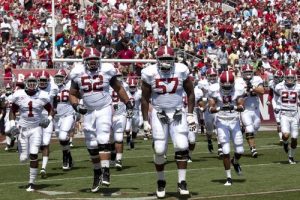California employees have the right to be paid – in full and on time. Yet wage theft is still a prime source of labor law violations in this state.
That’s why lawmakers enacted AB 673, amending Chapter 716, Section 210 of the Labor Code. 
Existing law provides for a civil penalty – both additionally and entirely independent from all other fines or penalties – on anyone who fails to pay the wages of every employee. The law also includes a provision that bars differential pay or pay schedules on the basis of gender. It allows for the state Labor Commissioner to recover that penalty as part of the hearing that’s held to recover any unpaid wages/penalties or independent from the civil action. A portion of those penalties go to a specific fund in the Labor and Workforce Development Agency for the express purpose of educating workers about state labor laws. The rest goes to the State Treasury/General Fund.
AB 673 allows for the workers who have been affected to bring an action to recover certain penalties against employers who failed to pay them. Continue Reading ›
 Orange County Employment Lawyers Blog
Orange County Employment Lawyers Blog

















